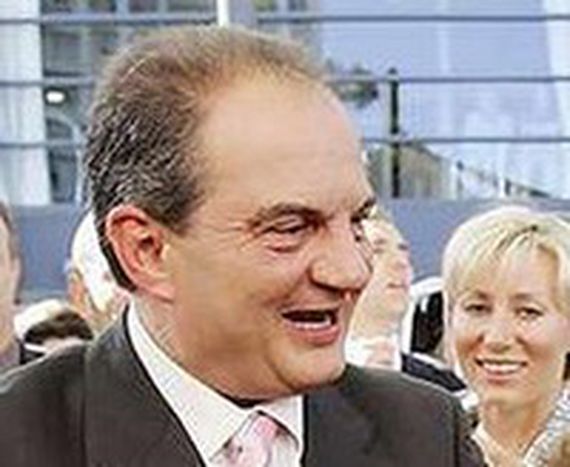
Greeks don't snap in elections
Published on
The governing conservatives won a reduced majority in general elections on 16 September. The far-left and extreme right rapidly gained seats in parliament, whilst the twice-defeated socialists are the big losers
The 16 September elections were overshadowed by deadly forest fires which killed 65, economic scandals, the ongoing Cyprus-Turkey question, energy and the issue of the former Yugoslav Republic of Macedonia (FYROM). It's just a selection of the hot potatoes that re-elected prime minister Costas Karamanlis of the ruling New Democracy (ND) party is due to handle. With 152 seats in the 300-seat parliament and a loss of 13, ND secured a fresh four-year mandate, slipping through with a thin majority (42.2%), four percentage points ahead of the opposition socialist Pasok party (38.2%, 102 seats).
Compulsory votes, internal strife
74% of Greeks voted in the snap elections, compared to 76 percent in the last election. These were called six months before the end of the current mandate after the people criticised how the summer of fires tragedy was handled, even after the EU donated millions of euros. Expectation held that the ruling party would struggle to win the elections. Bad manoeuvring by and distrust towards the socialists meant undecided voters shifted mainly to the left - Pasok suffered its biggest defeat since 1989.
With an ageing population, it's down to Brussels to regulate pension reforms. Greece has the highest state contribution to pensions in the EU. The European Pensions Barometer 2006 placed it alongside Belgium, Slovenia, France & Malta for 'worst pension climate'. Meanwhile, the 200km ravaged acres of the Peloponnese peninsula in southern Greece need reconstructing, whilst education currently has a mere 1% of the budget.
Naming Macedonia
External and European relations were not addressed at all. The Greek state has one of the highest military expenditures with 4.3% GDP, in case long-time enemy Turkey decides to go to war. The CIA World Factbook 2005 ranks it 3rd highest percentage in Europe - coming 26th in the world, it is behind Bosnia and Herzegovina (23) and FYROM (10).
Turkey has been more of an issue for the French, whereas in Greece pre-election political talk was limited only in the burning issue of the naming of FYROM. The Greek neighbour will restart negotiations for NATO and EU membership - and still has no official name! The ND party did not attempt to raise the issue during their recent three and a half year term, nor during the critical pre-election campaign. Nationalistic tendencies - especially in the traditionally northern conservative parts of Greece, where a province called Macedonia lies - could have resulted in voters shifting to the far right party Laos. The latter entered parliament for the first time in eleven years with 3.8% (just passing the 3% threshold) of the vote and ten seats in parliament. Continuing internal struggles can result in Greece's isolation in the EU, since a veto in any proposal will deteriorate FYROM’s path to NATO and EU membership.



